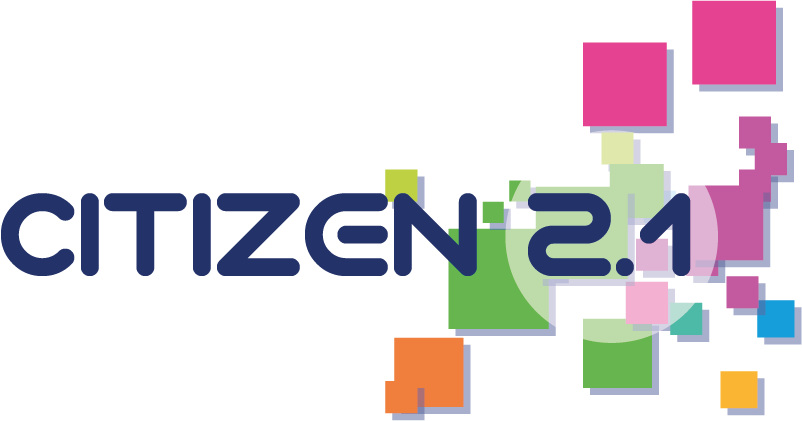National demonstrator
The Notebook 2.0


The presentation of this project was proposed by the Efp-sfpme at the international meeting organised in Brussels in November 2021.
Description
The Notebook 2.0 is an online (multi-platform) tool for monitoring and evaluating professional skills developed by the CIRB (Centre d’Informatique pour la Région Bruxelloise) and the French Community Commission (COCOF).
The Notebook 2.0 targets apprentices, tutors/patrons, guardians and trainers. It aims to :
- Improve communication/articulation between those involved in an apprenticeship contract;
- Evaluate the progress of the acquisition of technical, professional and behavioural skills related to the trade (currently formative evaluation).
Regarding implementation, the online tool was tested in 2021-2022 in apprenticeship trades (18) for younger learners (15-23 years; +/- 600). Initially, the focus was on :
- the articulation between the employers/tutors and the guardianship representatives ;
- a first formative evaluation of the skills acquired in the company for each learner under an apprenticeship contract (December 2021).Au niveau des résultats, une évaluation a eu lieu en avril 2022. Les résultats sont en cours d’analyse.
In terms of results, an evaluation took place in April 2022. The results are currently being analysed.
Points of interest
- The digital tool is interactive and accessible on all media: smartphone, PC, tablet;
- The tool allows access to a status of the learners’ training plan (targeted skills);
- The tool improves communication between the participants and the monitoring of progress in mastering skills;
- Learners, tutors, trainers and supervisors can communicate more effectively and evaluate/monitor the progress of the training.
Points of vigilance
- The articulation with the trainers seems difficult to implement (several trainers intervene at different times). No solution to date (awaiting the results of the first large-scale test);
- The use of the tool requires monitoring by the guardianship delegates;
- The development of the tool requires a long process of encoding the skills associated with each profession, which will need to be updated regularly;
- The financing of the tool
Comments/recommendations
-
Articulate the different partners (collaboration) and formalize moments of consultation (funded) between trainers, learners and companies;
-
Make employers/tutors responsible;
-
Take into account the reality of the field in companies (the work-study system is based on companies and their capacity to provide training based on practice);
-
Create self-assessment tools.
Project leader

sfpme - efp
Contact and/or website:
Themes
This demonstrator falls into the following categories:
